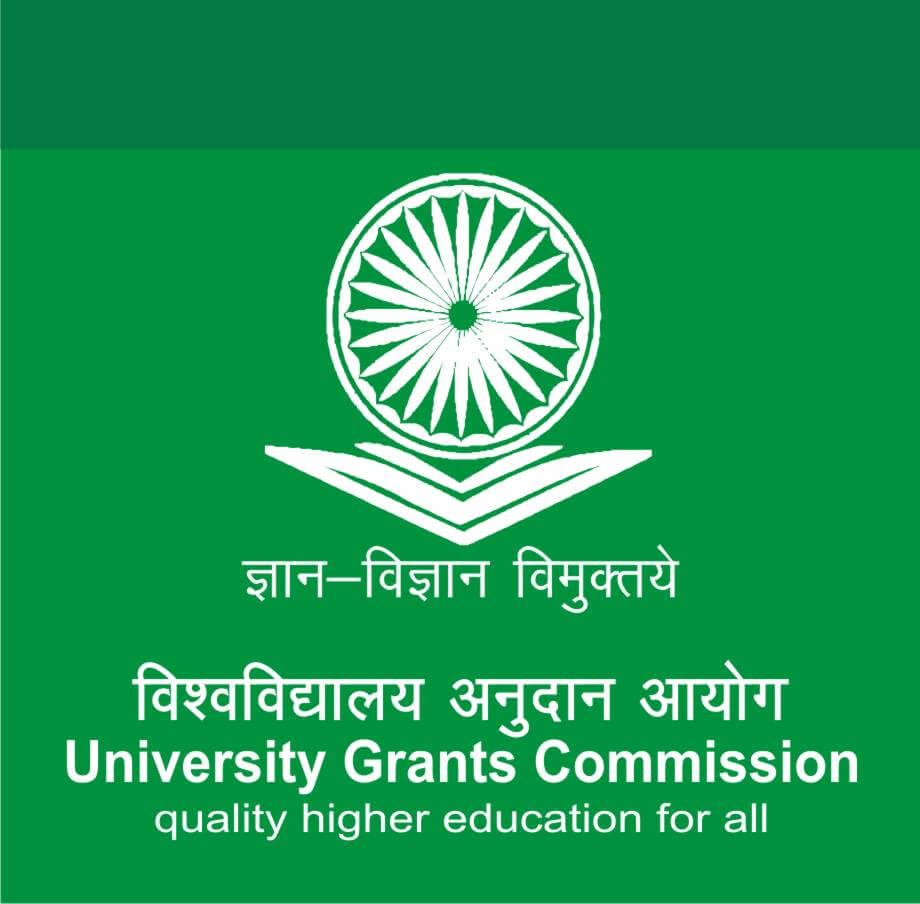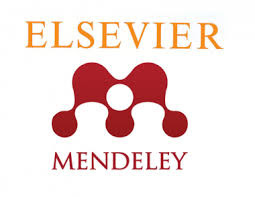INTERNATIONAL JOURNAL OF CREATIVE RESEARCH THOUGHTS - IJCRT (IJCRT.ORG)
International Peer Reviewed & Refereed Journals, Open Access Journal
ISSN Approved Journal No: 2320-2882 | Impact factor: 7.97 | ESTD Year: 2013
Call For Paper - Volume 12 | Issue 7 | Month- July 2024
Scholarly open access journals, Peer-reviewed, and Refereed Journals, Impact factor 7.97 (Calculate by google scholar and Semantic Scholar | AI-Powered Research Tool) , Multidisciplinary, Monthly, Indexing in all major database & Metadata, Citation Generator, Digital Object Identifier(DOI)
Contact Us Click Here
WhatsApp Contact Click Here
Published Paper Details:
Paper Title
CANCER DETECTION USING MACHINE LEARNING AND DEEP LEARNING
Authors
Kondra Nikitha, Dr. Kompella Venkata Ramana
Keywords
Lung Cancer, Machine Learning, Multi-level Discrete Wavelet Transform, PCA, GLCM, SVM, Random Forest, ANN, KNN
Abstract
Lung cancer continues to pose a significant global health threat, with over 1.15 million new cases diagnosed worldwide, making it the leading cause of cancer-related deaths. While smoking remains the most prominent risk factor for lung cancer, it is crucial to recognize that this disease can also affect individuals who have never smoked. This project introduces a comprehensive framework designed to predict lung cancer at an early stage, offering a ray of hope for individuals facing this life-threatening condition.
The framework primarily focuses on the realm of computer science, with machine learning as its cornerstone. Leveraging extensive datasets, we meticulously preprocess the data and employ advanced techniques for feature extraction, including Multi-level Discrete Wavelet Transform, Principal Component Analysis (PCA), and Gray-level Co-occurrence Matrix (GLCM). These texture features serve as critical input for our machine learning classification algorithms.
Our system utilizes a range of machine learning classifiers, including Support Vector Machines (SVM), Random Forest, and Artificial Neural Networks (ANN). These classifiers are trained on the extracted features, enabling the system to distinguish between different types of lung cancer. Specifically, we address the classification of non-small-cell lung cancer (NSCLC), with further subcategorization into lung squamous cell carcinoma (LUSC) and lung adenocarcinoma (LUAD), which together constitute approximately 85% of lung cancer cases.
Through rigorous evaluation, encompassing essential parameters such as accuracy, recall, and precision, we assess the performance of each classification algorithm. The results obtained empower us to predict whether a given tumor is benign or malignant, facilitating early intervention and treatment.
This innovative framework offers a promising avenue for the early detection of lung cancer, potentially saving countless lives. By harnessing the power of machine learning and data analysis, we aim to enhance the prognosis and management of lung cancer, ultimately contributing to a brighter future for those affected by this devastating disease.
IJCRT's Publication Details
Unique Identification Number - IJCRT2309092
Paper ID - 243756
Page Number(s) - a769-a776
Pubished in - Volume 11 | Issue 9 | September 2023
DOI (Digital Object Identifier) -
Publisher Name - IJCRT | www.ijcrt.org | ISSN : 2320-2882
E-ISSN Number - 2320-2882
Cite this article
Kondra Nikitha, Dr. Kompella Venkata Ramana, "CANCER DETECTION USING MACHINE LEARNING AND DEEP LEARNING", International Journal of Creative Research Thoughts (IJCRT), ISSN:2320-2882, Volume.11, Issue 9, pp.a769-a776, September 2023, Available at :http://www.ijcrt.org/papers/IJCRT2309092.pdf
Article Preview
Indexing Partners
Call For Paper July 2024
Call For Papers
July 2024
Volume 12 | Issue 7
Last Date :
31-Jul-2024
Submit Manuscript Online Impact Factor: 7.97 Review Results : Within 02-03 Days Paper Publication : Within 02-03 Days
July 2024
Volume 12 | Issue 7
Last Date :
31-Jul-2024
Submit Manuscript Online Impact Factor: 7.97 Review Results : Within 02-03 Days Paper Publication : Within 02-03 Days
Published Issue Details
For Authors
Forms / Downloads
Other IMP Links
Indexing Partner
Research Area
LICENSE
ISSN and 7.97 Impact Factor Details

ISSN: 2320-2882 Impact Factor: 7.97 and ISSN APPROVED Journal Starting Year (ESTD) : 2013
ISSN and 7.97 Impact Factor Details

ISSN: 2320-2882 Impact Factor: 7.97 and ISSN APPROVED Journal Starting Year (ESTD) : 2013
DOI Details
CONFERENCE
CONFERENCE MANAGMENT & PUBLICATION CONFERENCE PROPOSAL
RECENT CONFERENCE

CONFERENCE PROPOSAL CONFERENCE PROCEEDINGS

CONFERENCE PROPOSAL CONFERENCE PROCEEDINGS
For Reviewer /Referral (RMS) Earn 500 per paper
Important Links
NEWS & Conference
Digital Library
IJCRT RMS | Earn 500 Per Paper.
LICENSE
Indexing Partner





































































